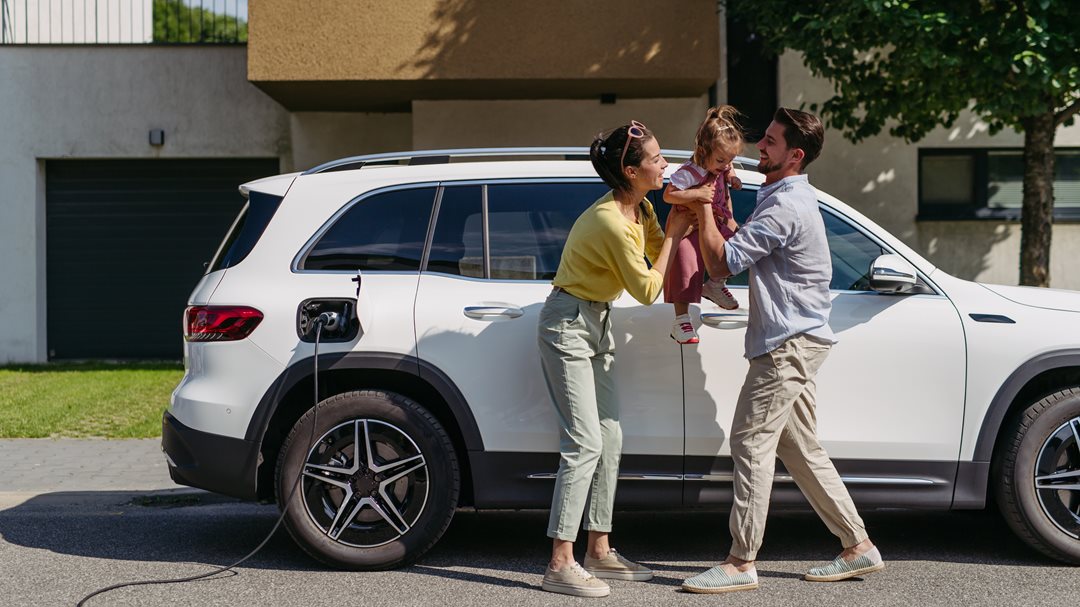How to choose the right deductible for you | PEMCO
 If you're looking to trim your monthly auto insurance bill, your deductible – the amount you pay out of pocket before your insurance kicks in – can be a great place to start. But first, it helps to understand how deductibles work.
If you're looking to trim your monthly auto insurance bill, your deductible – the amount you pay out of pocket before your insurance kicks in – can be a great place to start. But first, it helps to understand how deductibles work.
Let's say you back into a tree and cause $3,500 damage to your car. If your deductible is $1,000, you'd be responsible for paying that amount to the body shop. Then, your insurance would pay the remaining $2,500. In most cases, deductibles apply in an accident when either you're at fault or nobody is at fault, like when a deer jumps out in front of you. You'll also likely pay a deductible if your car is stolen, damaged in a hit and run accident, hit by something like a falling tree, or damaged by vandals.
If another driver is at fault for hitting your car and their insurance accepts liability for the loss, their insurance may pay. In this case, you wouldn't owe a deductible. Exceptions apply, for example, when there's shared fault and both insurance companies pay. Other exceptions may apply as well.
A quick reminder: It's no secret that the insurance landscape has changed a lot over the last couple of years. Claims cost more than ever due to things like increased costs of parts and labor, more technologically advanced vehicles, increased cost of healthcare and medical services, and much more. Given this, it's important to remember that making a claim has the potential to affect your future insurability and/or your insurance premium in the future. When you consider making a claim for a relatively low-cost fix (think glass chip, dents, and other small dings), we encourage you to weigh the cost vs. benefit and make an informed decision. Sometimes, paying out of pocket maybe be a more financially prudent alternative to making a claim and paying your deductible.
Deductibles apply to collision and comprehensive coverages, and you choose the amount when you buy your policy. You can pick different amounts for collision and comprehensive. A deductible also applies to uninsured/underinsured motorist property damage (UIMPD) coverage, which may pay, for example, to fix your car after a hit and run. UIMPD amount options vary between Washington and Oregon.
In many cases, the higher your deductible, the lower your premium, since you assume a larger share of the repair costs. That's money you can keep or use to increase your policy's limits, since a few dollars more in premium can potentially equal thousands more in protection.
Be careful, though, about taking on too much of the cost-sharing responsibility. Your monthly savings won't seem as sweet if you need to file a claim and find that paying the deductible leaves you cash-strapped for rent or grocery money.
Consider these four factors in choosing your deductible:
The age and value of your car.
The car you drive affects how much of an impact a high deductible will make. For example, you may save more with a $1,000 deductible on a 2022 model year than you would on a 2010. Also, if you drive an older car that's not worth much more than your deductible, you may want to rethink maintaining collision and comprehensive coverage at all. Auto policies in the United States are structured so they can't pay more in repairs than a certain percentage of the car's actual cash value.
Lender requirements.
Sometimes, lenders restrict the maximum deductible limit you can choose. If in doubt, check with your bank or credit union.
Your emergency fund.
The right deductible is one you could afford to pay without having to plan for it. If your emergency fund consistently contains more than a few thousand dollars, then you might be comfortable choosing a higher deductible. If it tends to fluctuate, though, choose no more than you could easily come up with even at its lowest point.
Your likelihood of a claim.
If you drive very few miles or have gone years without even a parking ticket, you may be able to comfortably choose a higher deductible.
We can help you test drive different deductible options to find the right one for your car and budget. Talk with your local PEMCO agent or call 1-800-GO-PEMCO to make sure you have the right fit for you.
Examples of how deductibles and coverage apply are for general educational purposes only, do not reflect every possible situation, and do not replace the language in your auto policy contract. If you have questions, talk with your local agent or a representative at 1-800-GO-PEMCO.
Share on social media